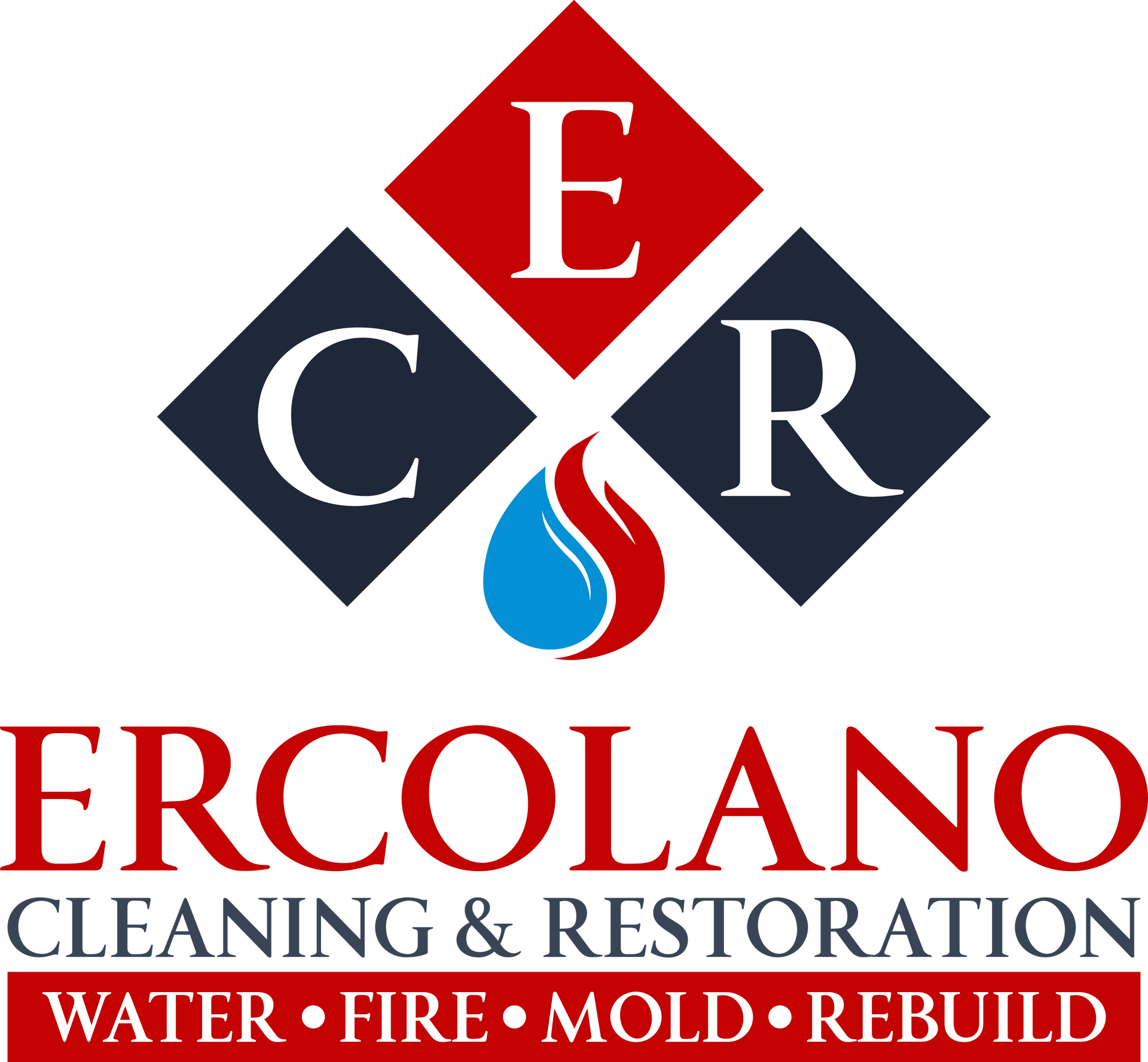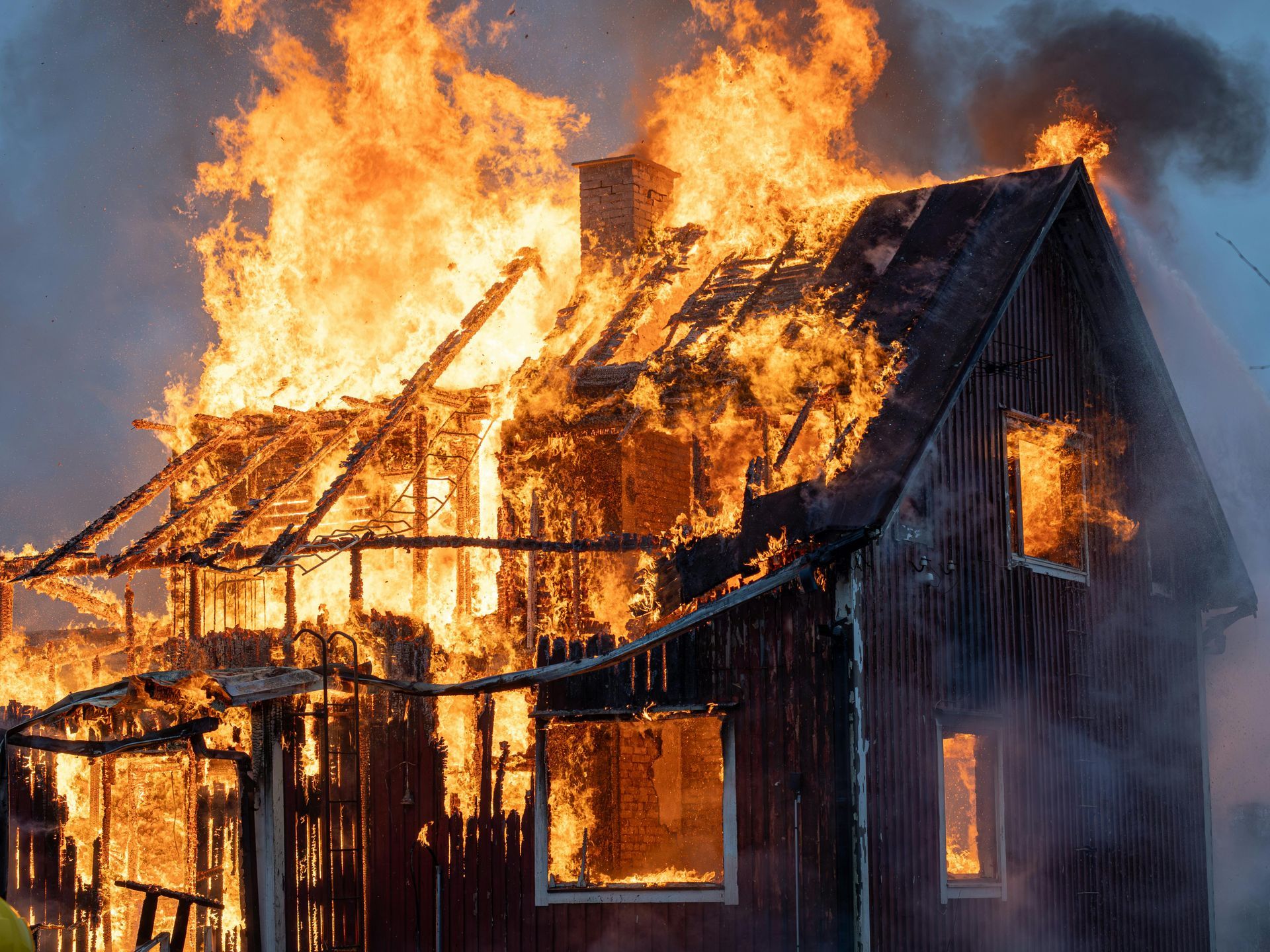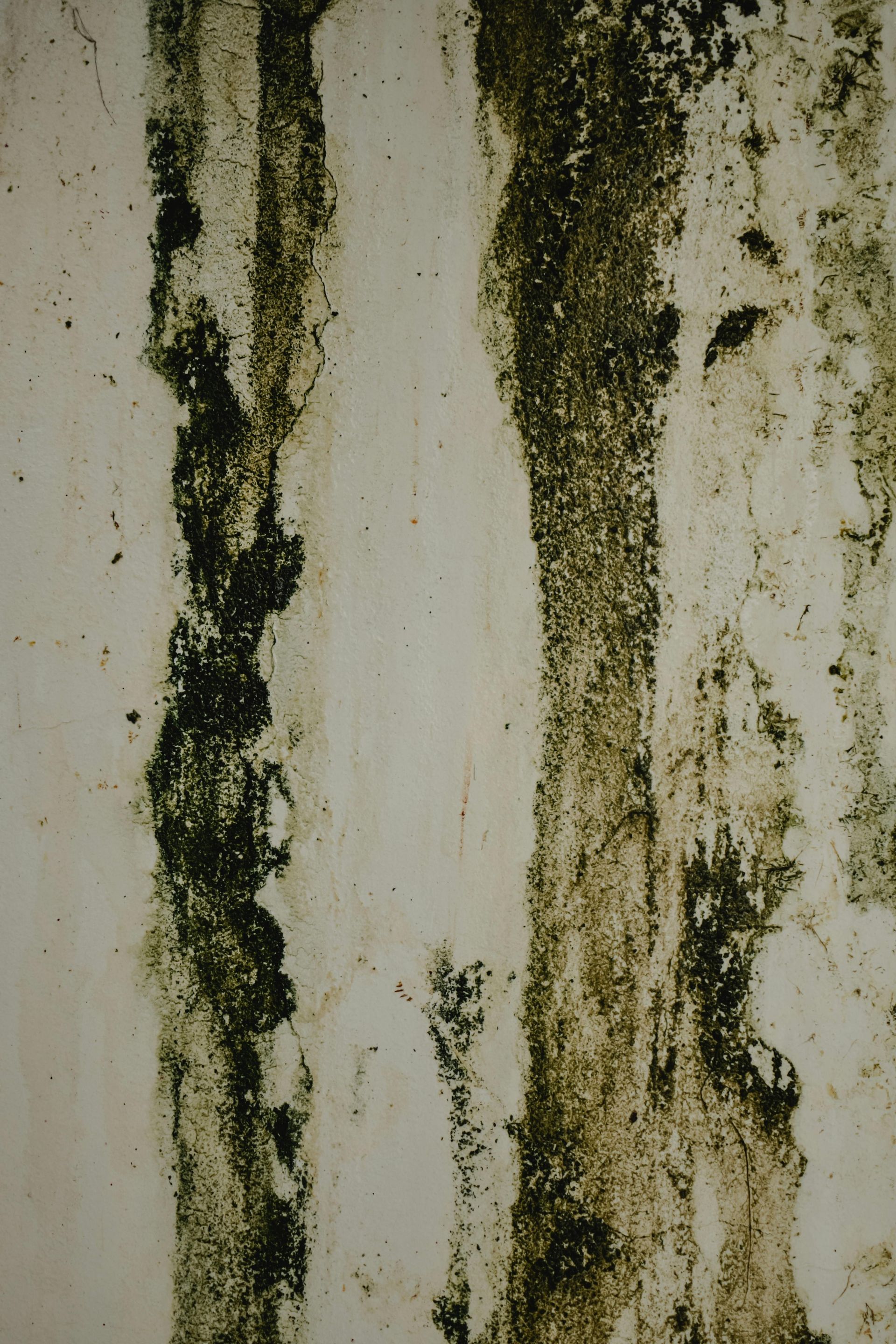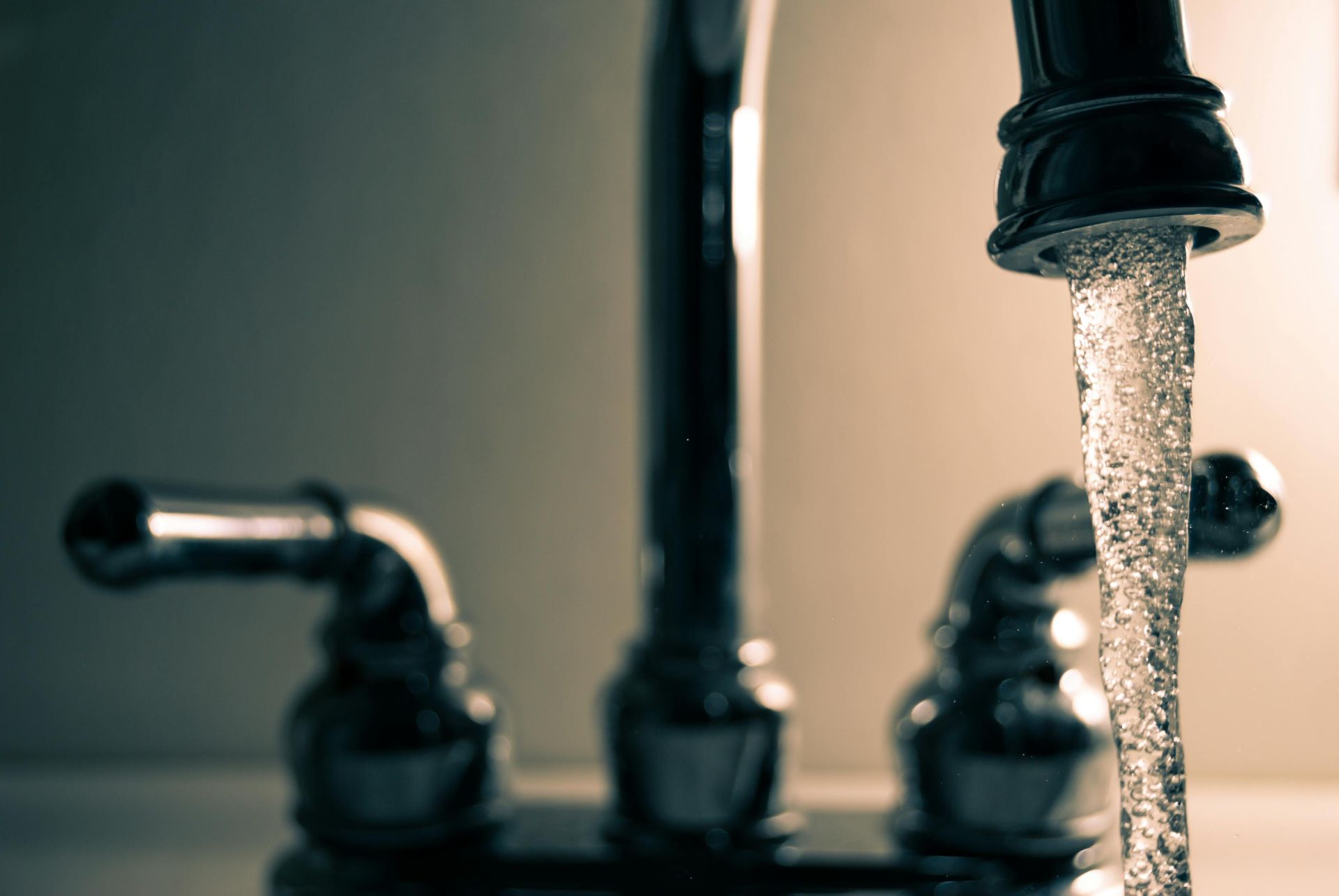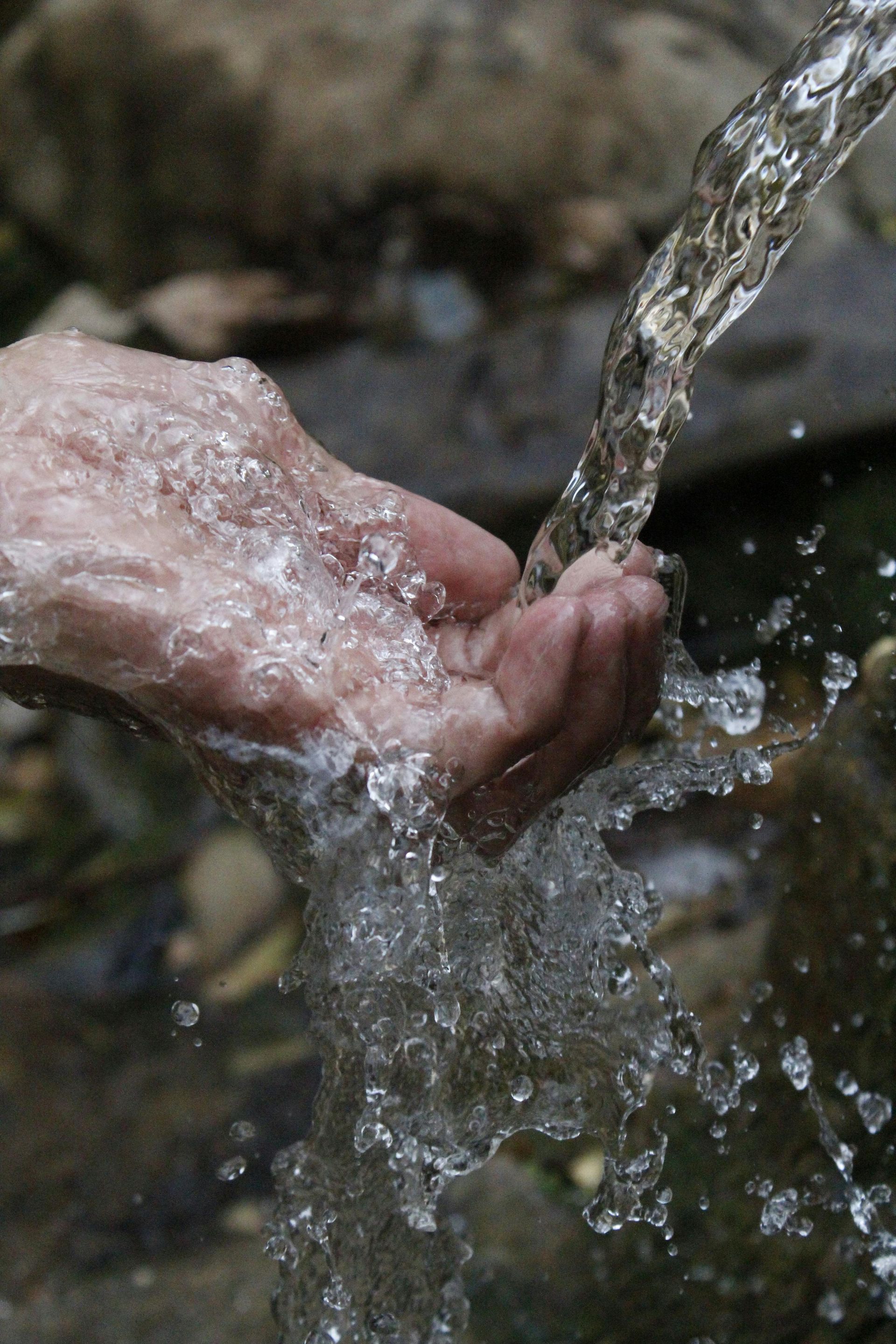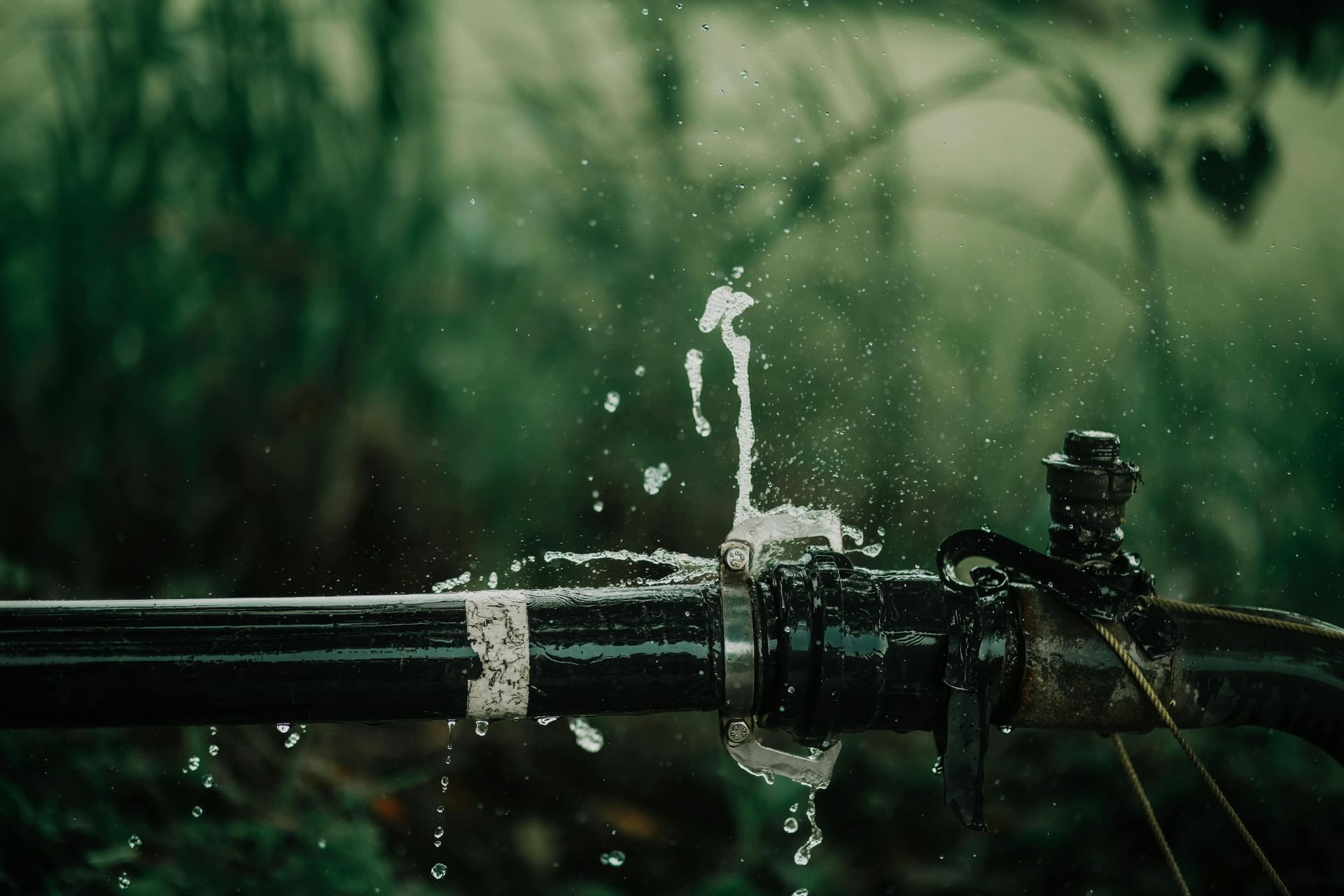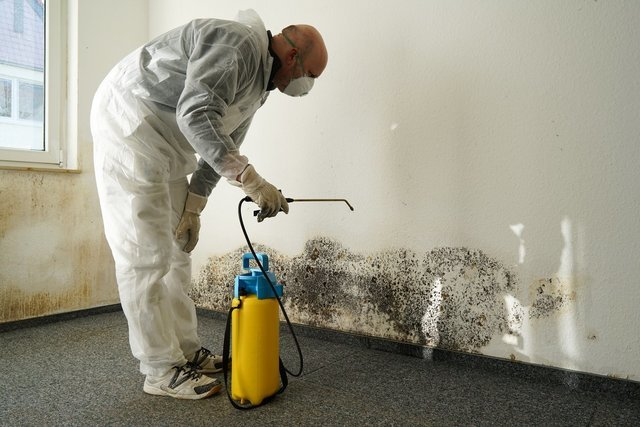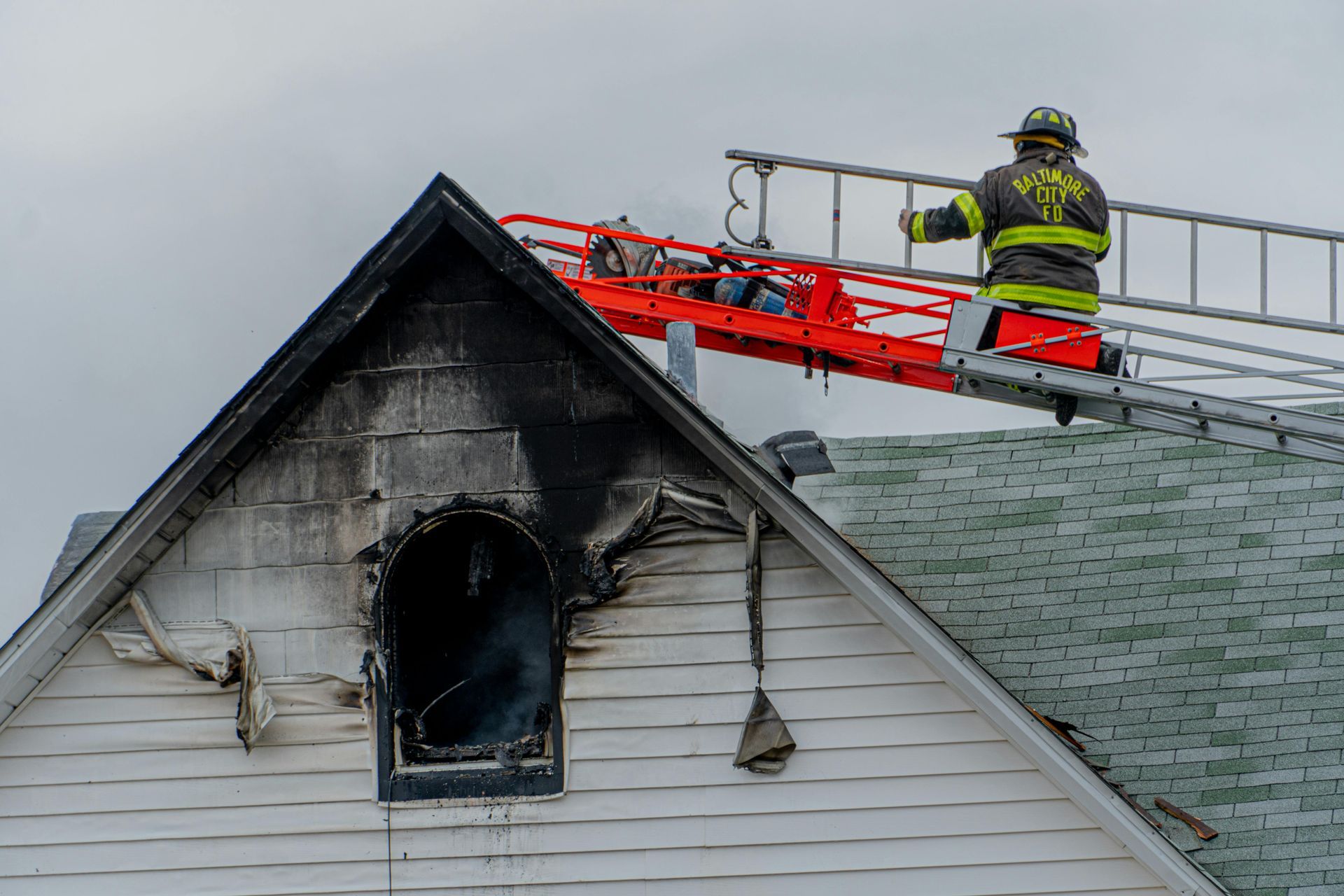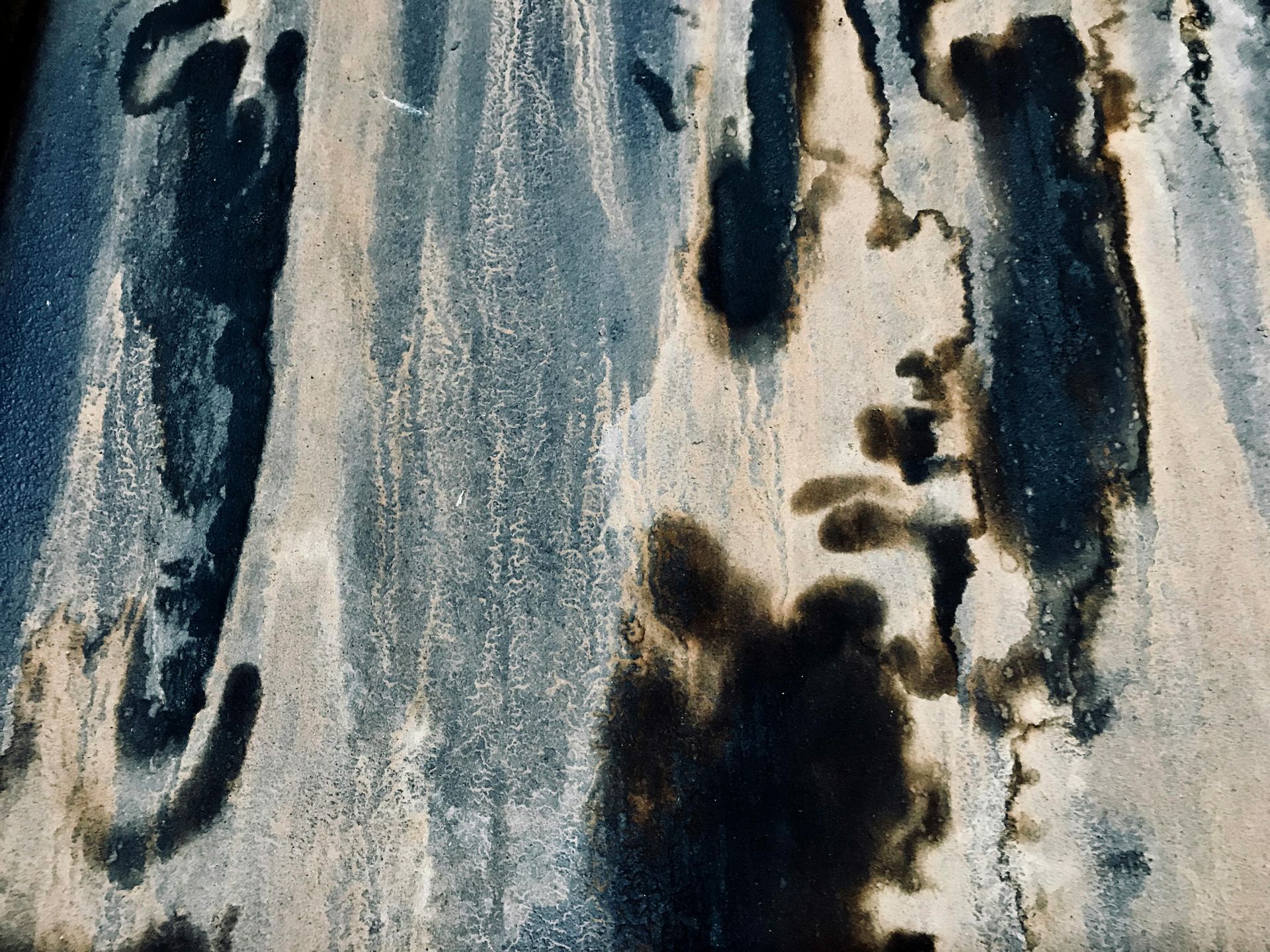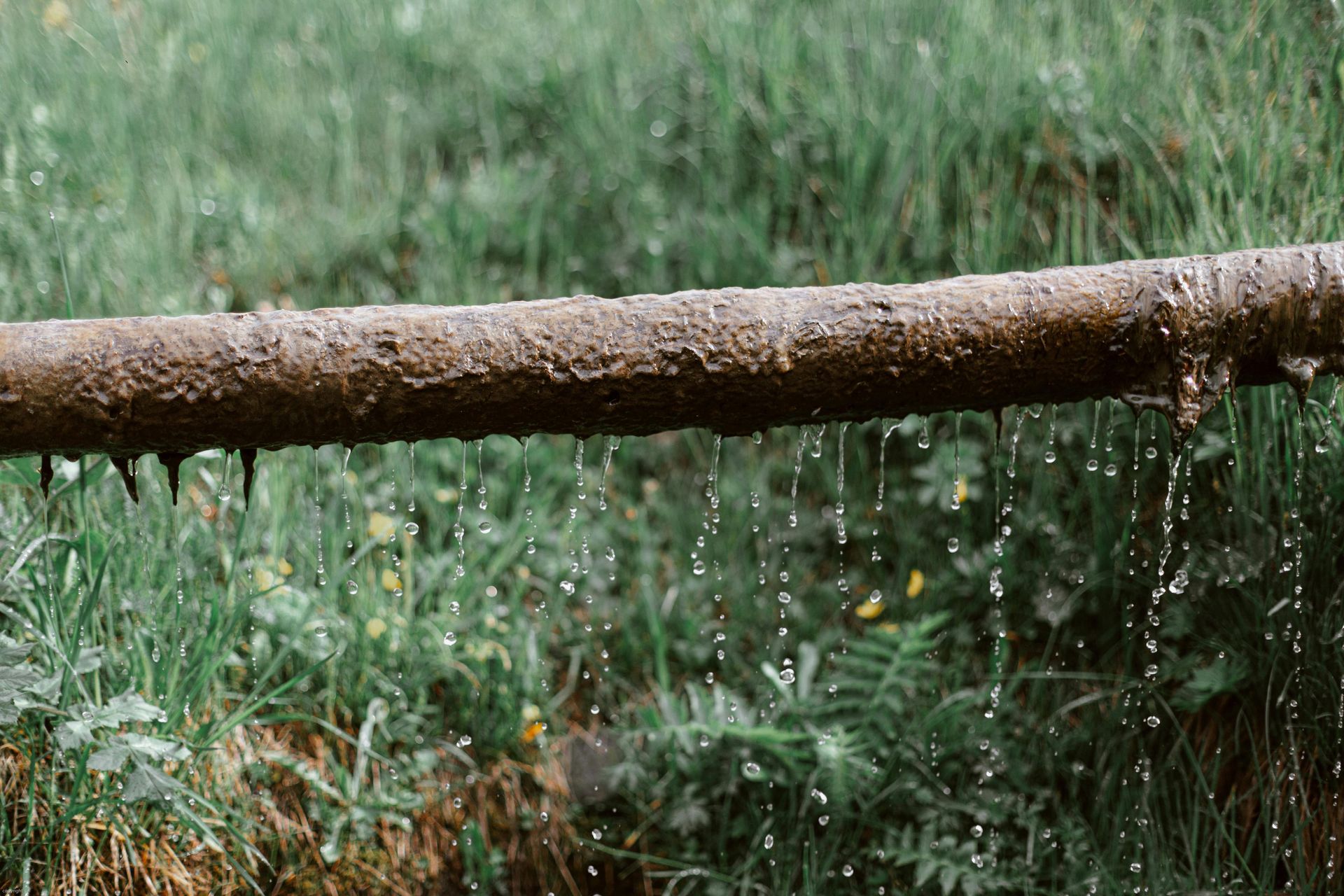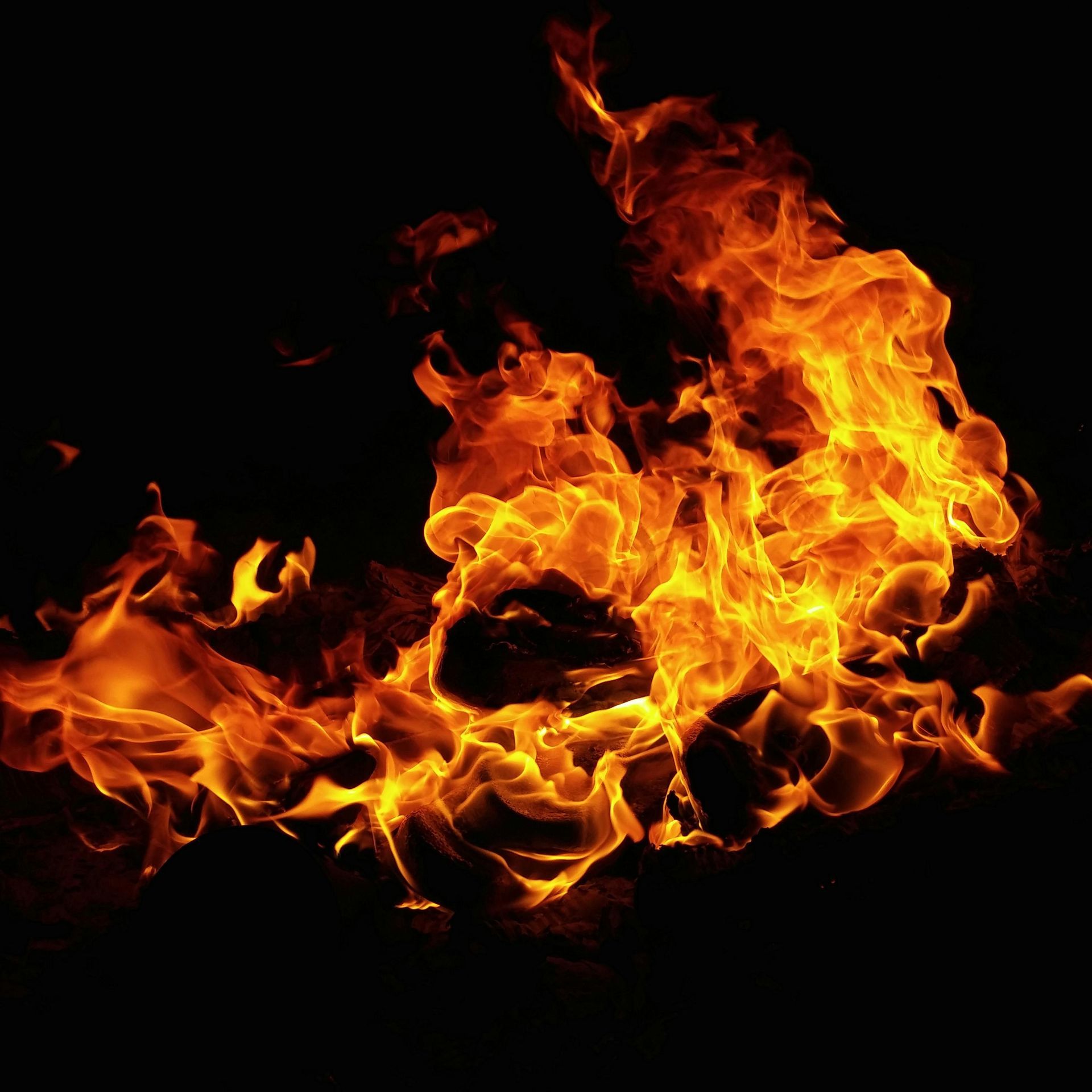How to Prevent Fire Damage in Your Home
Stop Fires Before They Start: A Guide on How to Prevent Fire Damage
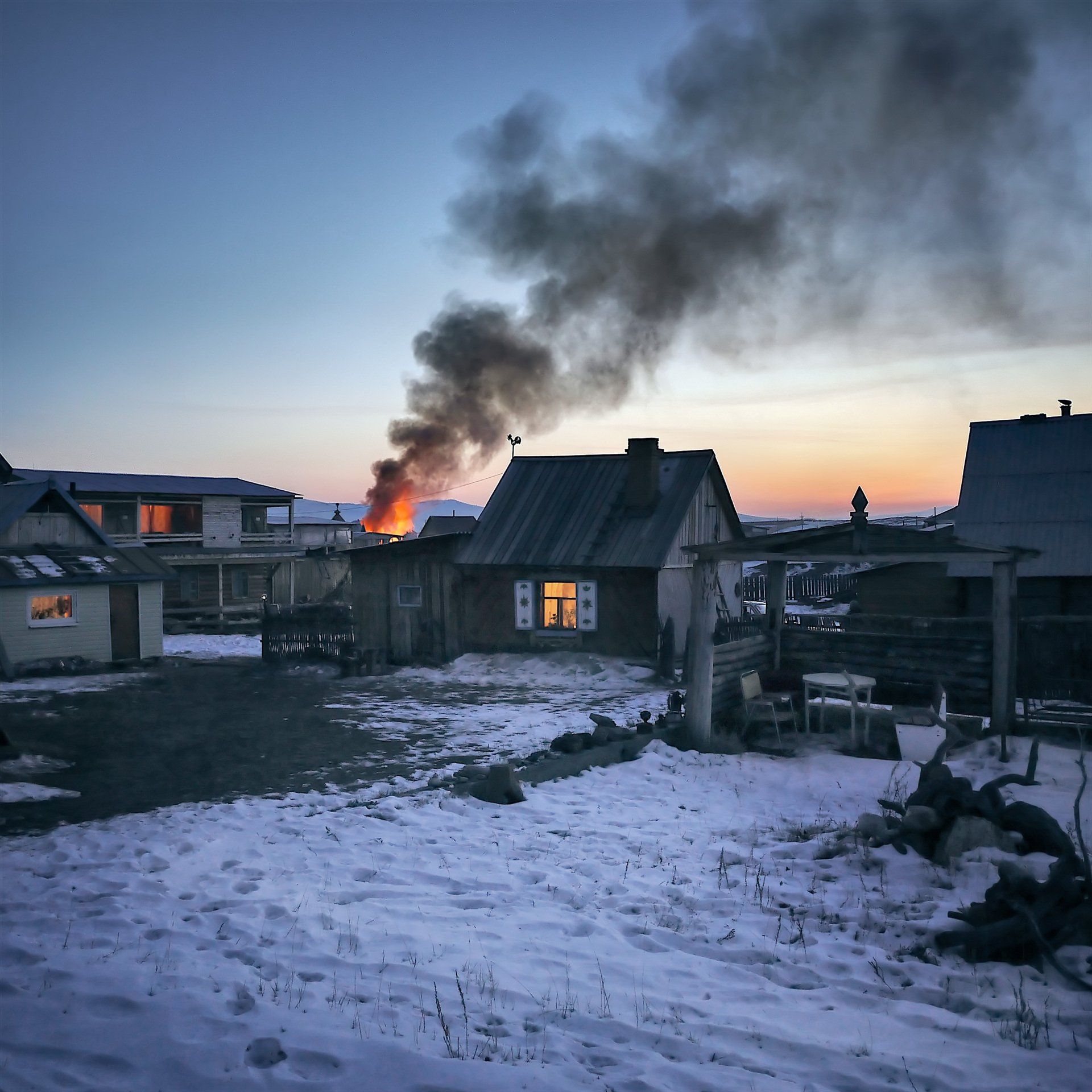
When it comes to keeping our homes safe and sound, fire prevention is of the utmost importance. Household fires can cause devastating damage, both financially and emotionally. Not only that, but they can also put you and your family in danger - a reason why having a comprehensive fire safety plan in place is essential.
In this article, we will discuss the various ways in which you can minimize the chances of a house fire, as well as what to do in the event of an emergency. We'll provide tips for ensuring proper fire safety protocols are followed and for making sure your home is properly protected against potential fires.
Understanding Fire and Its Causes
According to the National Fire Protection Association, an estimated 365,500 house fires were reported in a recent year, causing 2,620 civilian deaths and more than $7 billion of property damage.
Fire is a chemical reaction that involves three elements: oxygen, heat, and fuel. When these three elements come together in the right conditions, the reaction can produce heat, light, smoke, and flames. Burning objects can release toxic gasses like carbon monoxide.
The most common causes of house fires are the following:
- Cooking accidents: Cooking accidents are one of the leading causes of house fires. Leaving a stove or oven unattended while cooking can easily lead to grease fires and other issues that can quickly spiral out of control. It's essential to be vigilant when cooking and keep an eye on it at all times.
- Electrical issues: Electrical issues, such as faulty wiring or overloaded circuits, can also lead to house fires. Overheating of wires and other components can ignite fires and spread quickly throughout the home. It's important to check that wiring is up-to-code and not overloaded with too many appliances to mitigate this risk.
- Cigarettes and other smoking materials: Cigarettes and other smoking materials are another common cause of house fires. Discarded cigarettes can easily ignite furniture or other combustible items, and smoking in bed is particularly dangerous as it can easily lead to fires spreading throughout the home. It's essential to ensure that all cigarettes have been extinguished before disposing of them.
- Children playing with fire: Children playing with fire can cause fires by accidentally igniting flammable items or leaving burning candles or cigarettes unattended. This type of incident is often preventable through proper supervision and education.
- Flammable liquids and gasses: Flammable liquids and gasses such as gasoline, propane, and lacquer thinners are highly combustible when exposed to an ignition source. Gas leaks, incorrectly stored fuel tanks, and leaking pipes can all be potential causes of fire if not properly maintained.
- Arson or intentional fires: Arson is the intentional or malicious setting of fires, often to cause destruction and property damage. Arsonists may use fuels such as gasoline or other flammable materials to start a fire and may target structures that are particularly vulnerable.
- Natural disasters: Natural disasters such as lightning strikes and wildfires can cause structural fires when they come into contact with buildings, trees, or dry vegetation. Additionally, high winds and extreme temperatures can spread the fire quickly, making it harder to contain.
Fire Prevention Tips
Fire prevention is a critical step for any homeowner. With the right precautions and knowledge, you can help to ensure your home is as safe as possible from potential fires. To help make this task easier for you, we've put together this list of practical steps that you can take to reduce the risk of fire in your home.
Ensure Smoke Alarms Are Installed and Working
Smoke alarms are an essential tool for fire prevention in the home. Smoke alarms provide early warning of a potential fire, allowing residents to take prompt action if needed and reducing risk to life and property. It is important that smoke alarms are checked regularly—at least once a month—and replaced every 10 years or when the manufacturer recommends it. Installing smoke alarms is simple.
They should be placed in every bedroom, outside the sleeping area, and on every level of the home, including the basement. The fire screen is also a very good investment. Be sure to read all manufacturer's instructions carefully and follow local building codes when installing or replacing smoke alarms.
Create and Practice an Escape Plan
An escape plan is an essential part of being prepared for a fire emergency. Having an escape plan ahead of time can help your family stay safe and reduce the risk of injury or death in case of a fire.
When creating your escape plan, it is important to identify all possible exits from each room in your home, including windows. Make sure to mark these exits clearly and make sure all family members are aware of them. It is also important to practice the escape plan regularly so that everyone is familiar with it in case of an emergency.
In addition to practicing your escape plan, having a designated meeting place outside the home can be extremely helpful in case of a fire. This meeting place should be far enough away from the home that it is out of harm's way in case of a fire. Make sure to communicate this meeting place to all family members and practice going there regularly as part of your escape plan.
Regularly Maintain Appliances and Electrical Wiring
Properly maintaining appliances and electrical wiring is essential to keeping your home or business safe. Without regular maintenance, appliances can malfunction or overheat, which increases the risk of a fire. To prevent this from happening, check cords for damage frequently and make sure not to overload any electrical outlets. It's also important to inspect the wiring around the home and ensure that it is up to code.
If you notice any exposed wires, frayed cords, or anything else that may be a fire hazard, contact a professional electrician immediately. A professional can also help with regular maintenance tasks, such as checking the wiring for wear and tear. Having annual inspections by an experienced electrician is important to ensure that all appliances and wiring are safe. They can identify any issues before they become dangerous and advise you on how to maintain your home or business best.
Properly Dispose of Cigarettes and Other Smoking Materials
Smoking materials such as cigarettes, cigars, and pipes can be dangerous if not disposed of properly. Improper disposal of smoking materials can result in the risk of fire. Not only can it damage property and cause harm to individuals, but it is also a drain on resources that could have been avoided with proper disposal methods.
How to reduce the risk of fire? It is important to dispose of smoking materials properly. Using an ashtray is one of the best ways to do this. Ashtrays should be placed away from anything that can burn, such as curtains and furniture. Keep ashtrays outside or in well-ventilated areas. When done using the ashtray, ensure to empty the contents into a metal container before disposing it in the garbage.
Don't Leave the Food Unattended When Cooking
When cooking, it is important to never leave food unattended. Unattended cooking can lead to fires, burns, or other dangerous situations. To prevent such disasters in the kitchen, follow these safety tips:
- Always stay in the kitchen while you are cooking and watch your food closely.
- Keep flammable materials away from the stove, such as paper towels, curtains, and potholders.
- Avoid wearing loose clothing while cooking to prevent it from catching fire.
- Never leave a hot stove unattended or close to flammable items.
- Keep all pot handles turned inward, away from counter edges and other burners.
Use Caution When Using Candles or Space Heaters
Candles and space heaters are a great source of warmth and comfort, but they can also be dangerous if not used properly. How to prevent fire? It's important to follow some basic safety guidelines.
When using candles, always keep them away from flammable materials like curtains, furniture, and bedding. Make sure to keep candles away from children or pets, and never leave them unattended. Never move a lit candle, as this can cause the wax to spill over and create a fire hazard. It's also important to place candles on a stable surface, such as a tray or plate, so that they don't tip over.
Safely Store Flammable Materials
When it comes to safely storing flammable materials, the best practice is to avoid fire hazards. It's important to keep these materials in a cool and dry place that is away from any heat sources. Make sure containers are properly sealed so that vapors do not escape and create hazardous conditions. Additionally, all containers should be clearly labeled and easily distinguishable from non-flammable materials.
Regular inspections should be carried out to ensure that containers are in good condition and that no flammable gasses or liquids have leaked. Lastly, always remember to follow the safety guidelines as outlined by your local fire department for safely storing flammable materials.
Fire Safety Equipment
Homeowners should have a variety of fire safety equipment in their homes to ensure the safety of their families and minimize potential fire damage.
- Smoke Alarms: These devices detect smoke and sound an alarm in order to alert occupants of a potential fire. They should be placed on every level of a home and checked regularly to ensure they are working properly.
- Fire Extinguishers: Fire extinguishers help to contain and extinguish small fires before they get out of control. They should be easily accessible in key areas around the home, such as the kitchen or garage, and should be checked regularly for proper pressure levels.
- Fire Blankets: These blankets are made of fireproof material and can be used to smother small fires. They should be stored near the kitchen stove or other areas prone to fire risk.
- Sprinkler Systems: Sprinklers are a great way to contain large blazes quickly by releasing water onto the area affected by the fire. Homeowners should ensure their sprinkler systems are regularly inspected and maintained.
By ensuring their homes are properly equipped with the right fire safety equipment, homeowners can feel secure knowing that they have taken the necessary steps to protect their property against potential fires. Each of these items plays an important role in keeping people and property safe from harm.
Dealing With Fire Damage? Call Ercolano Cleaning & Restoration!
When it comes to fire prevention and damage control, there are several steps you can take to protect yourself and your home. Start by installing smoke detectors in each room, as well as carbon monoxide detectors if applicable. Make sure these devices are regularly tested and replaced when needed. Additionally, make sure that any potential sources of ignition (like stove flames or space heaters) are properly monitored and supervised. Regularly inspect and maintain any heating systems, electrical wiring, dryer vents, and chimneys to reduce the risk of fire hazards. Lastly, take extra precautions when using candles or setting off fireworks.
If a fire does ignite in your home, it is important to act quickly and safely. Contact your local fire department immediately, then contact Ercolano Cleaning & Restoration to help you through the recovery process. Our team of highly-trained professionals has the expertise to guide you in restoring your property in New Haven, CT, back to its pre-fire condition as quickly and efficiently as possible.
At Ercolano Cleaning & Restoration, we take fire prevention and damage control seriously. Contact us today to learn more about our services and how we can help you protect your home and loved ones from the devastating effects of a fire. We are here to assist you in any way we can!
